
Barry Schwartz is an American psychologist. He frequently publishes editorials in The New York Times applying his research in psychology to current events. Schwartz’s research addresses morality, decision-making and the inter-relationships between science and society. His books illuminate the underlying psychological plagues of our time.
- Why We Work
- The Paradox of Choice: Why More Is Less
- The Battle for Human Nature: Science, Morality and Modern Life
- Practical Wisdom
Key Takeaways
[2:25] It’s Barry’s secret desire is to play in Bruce Springsteen’s band, or to play center field for the Yankees.
[4:25] Wise people have good judgment and they use that judgment in the service of good goals.
[9:25] There is an infinite number of ways people can screw up. Putting more rules in place doesn’t stop that from happening.
[10:30] As a leader, you want to instill good judgment in your people so that you can relax the rules.
[13:00] Most management systems are designed to avoid developing wise employees.
[15:00] Barry shares a story of how doctors learn to deliver bad news.
[18:00] Instead of stumbling through your careers, mentors can help you find shortcuts and prevent a lot of mistakes.
[21:20] Rules are okay if you are seeking mediocre results. They do not work well when extraordinary circumstances arise, which happens every day.
[21:55] Employee incentives can also be a double-edged sword because it can move focus away from the people you’re trying to serve.
[31:20] When you plan on using your judgment, there will be times you get it wrong. This means you also have to be prepared for failure.
[33:50] Empathy is good, but too much of a good thing can hurt others unintentionally.
[34:10] Organizations have to be willing to tolerate imperfect outcomes and failures if they’re trying to nurture people.
[39:00] In highly competitive environments, leaders are afraid to relax because they don’t want to fall behind, but people need that from time to time to produce innovative results.
[41:15] If you’re trying to build a workforce that lasts generations, setting up quarterly metrics and goals only forces people to think short term.
[42:00] Companies are making critical mistakes. They’re hiring ‘plug and play’ people that they can use today and not thinking about the resources and talent pool they’ll be needing for the future.
[42:15] Hire people on character and things you can’t teach, and then teach your people the skills they need to know to get the job done.
[45:30] We have a narrow understanding of what self-reliance truly means.
[48:55] Unfortunately, it often takes trauma to get people willing to take a chance and to think boldly about different ways to do things.
[51:35] As we navigate a new world, be open to changing yourself.
The Leadership Podcast is sponsored by W.S. Darley & Company.
Founded in 1908, Darley remains a family owned and operated business, providing the highest quality equipment solutions to our country’s warfighters and firefighters.
Learn more at darley.com and darleydefense.com
Quotable Quotes
“You want people to use their judgment, but if you don’t trust the people you’re overseeing to have good judgment, then, of course, you have to give them rules.” Share on X “[Is it] better to come up with a rule that will keep people mediocre than say, ‘Use your judgment.’?” Share on X “A lot of the stuff we learn to be wise, we learn the hard way, you learn by making mistakes, but if you have a mentor, the mentor can make sure the mistakes aren’t catastrophes.” Share on X “Courage is the mean between cowardice and recklessness. If you’ve got too little, you’re a coward. If you got too much, you’re reckless. You want just the right amount.” Share on X “If you focus on rules, you’ll have rule followers. Rule followers are okay if you are seeking mediocre results.” Share on X “Most companies hire on the basis of abilities that can be immediately put to use. They want plug-and-play employees. This is a colossal mistake.” Share on XResources Mentioned

These are the books mentioned in Barry’s discussion with Jim and Jan

The Leadership Podcast is proud to announce a new initiative with thoughtLEADERS to provide very short podcasts called “chalk talks.” They’re “bitesize” hacks on common (but challenging) leadership issues. Interested in learning more?
You can only access the Chalk Talks by subscribing to our newsletter at The Leadership Podcast.

Beyond the Uniform offers over 300 free episodes to help military Veterans succeed in their civilian career. This includes overviews of potential career paths, deep dives on necessary skills to succeed, and reviews of other free services that support the military Veteran community. You can find more info at BeyondTheUniform.org.

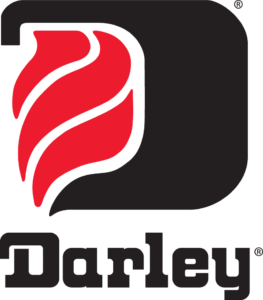

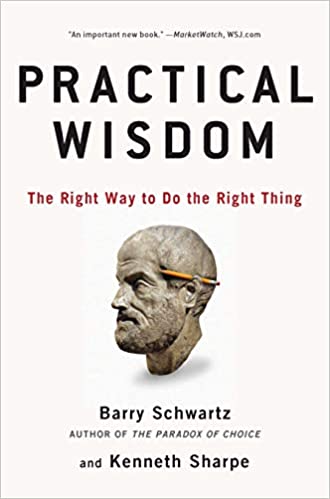

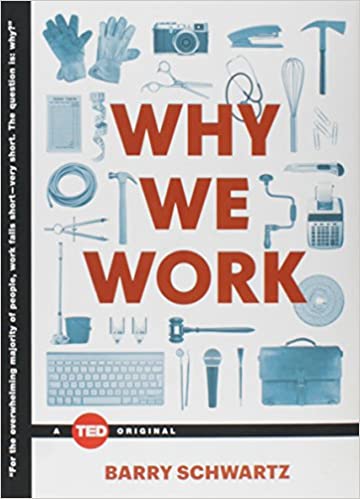
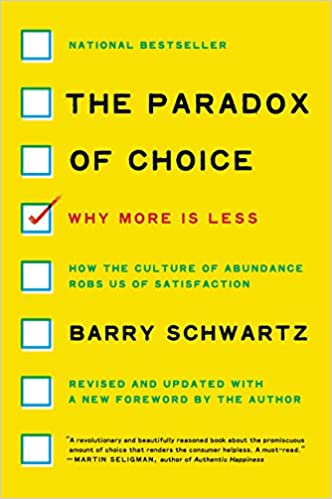
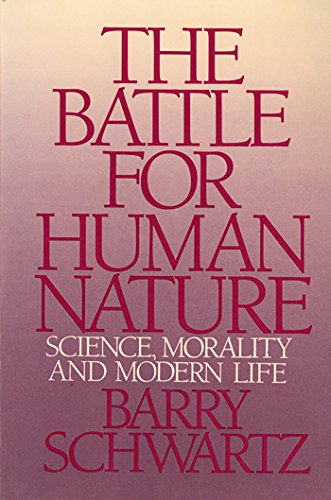
Recent Comments